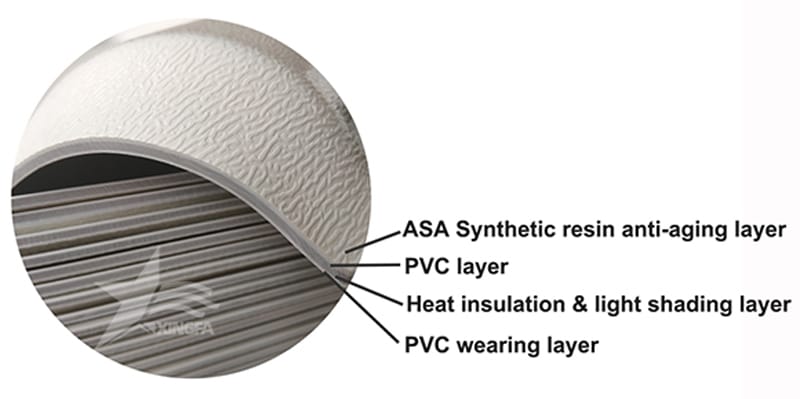When it comes to using plastic coated corrugated roofing sheets, particularly those manufactured in resin roof tile factories, there are several requirements that the roof framework must meet to ensure optimal performance and longevity. The roof structure must be strong enough to support the weight of the UPVC roof sheets, even when they are wet or accumulate debris. Adequate spacing between support beams is crucial, as it allows for proper load distribution and minimises the risk of sagging over time.

Additionally, the framework should be designed to facilitate proper drainage, preventing water pooling that could lead to leaks. This often involves a slight slope to the roof surface. The materials used in the framework should be resistant to corrosion and decay, which can occur in environments with high humidity or exposure to harsh weather conditions.

Moreover, it is essential to consider the fastening method. The use of compatible screws and fittings will help prevent damage to the plastic coating, ensuring the integrity of the roofing sheets. Proper installation plays a pivotal role in longevity; therefore, consulting with manufacturers or experts in the field will help ensure that the framework is appropriately designed to meet the specific requirements of plastic coated corrugated roofing sheets. Overall, attention to these details will enhance the durability and effectiveness of the roofing system.

